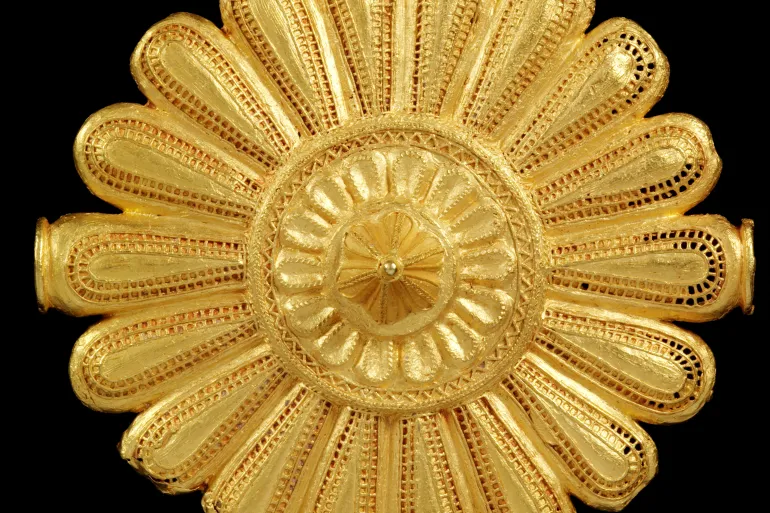A Historic Decision
Recently we have seen Looted Ghana Artefacts. The UK has initiated the return of several historical artifacts to Ghana, marking a significant step in the journey towards addressing historical wrongs. This decision, made after decades of appeals from Ghana and other nations affected by colonial looting, is a poignant reminder of the enduring impacts of colonialism.
The Backstory of the Looted Ghana Artefacts
Originally, these artifacts were taken from Ghana during the British colonial period in the 19th century. Among them are items of both cultural and religious significance, which had been part of the heritage and identity of Ghanaian communities. The return of these items, even on a temporary loan, is a momentous occasion for Ghana.
The Process of Return
Moreover, the logistics of returning such items involve meticulous planning and negotiations. The artifacts, housed in various British museums, are being prepared for transport under conditions that ensure their preservation. This process is not only about physical transfer but also about legal and diplomatic considerations. There are many reports issuing Looted Ghana Artefacts.
The Impact on Ghana
Furthermore, the return of these artifacts is more than a symbolic gesture; it has tangible impacts on the communities in Ghana. For many, it’s a restoration of pride, identity, and heritage. It allows for a richer, more authentic representation of Ghana’s history in its own museums and educational narratives.
Broader Implications for Cultural Heritage
Additionally, this event is part of a larger global conversation about cultural heritage and the responsibilities of museums. It raises questions about ownership, cultural identity, and the ethics of artifact possession. This discussion is shaping future policies and practices in museums worldwide for Looted Ghana Artefacts.
Challenges and Criticisms on Looted Ghana Artefacts
However, the decision to return the items on loan rather than permanently has sparked some criticism. Critics argue that temporary returns do not fully address the ethical implications of looting and possession. This aspect of the agreement underscores the complexities involved in cultural restitution.
Reactions from the International Community
Moreover, the international response has been mixed. While many applaud the move as a step forward, others see it as insufficient. This has prompted a broader debate on the policies of restitution and the role of former colonial powers in addressing historical injustices.
Future Prospects in Cultural Restitution
Looking ahead, this move by the UK could set a precedent for other nations holding looted artifacts. It highlights the possibility of more repatriations and loans in the future, potentially leading to a new standard in how museums and countries deal with artifacts acquired during contentious historical periods.
A Step Towards Reconciliation
In conclusion, the UK’s decision to return these looted artifacts to Ghana on loan is a complex but progressive step towards addressing the legacies of colonialism. While it may not satisfy all parties against Looted Ghana Artefacts. It represents a significant shift in how nations deal with the artifacts of colonized cultures.
Inspired by Al-Jazeera News and Rear More Articles Here, Read Previous Blog Here.
